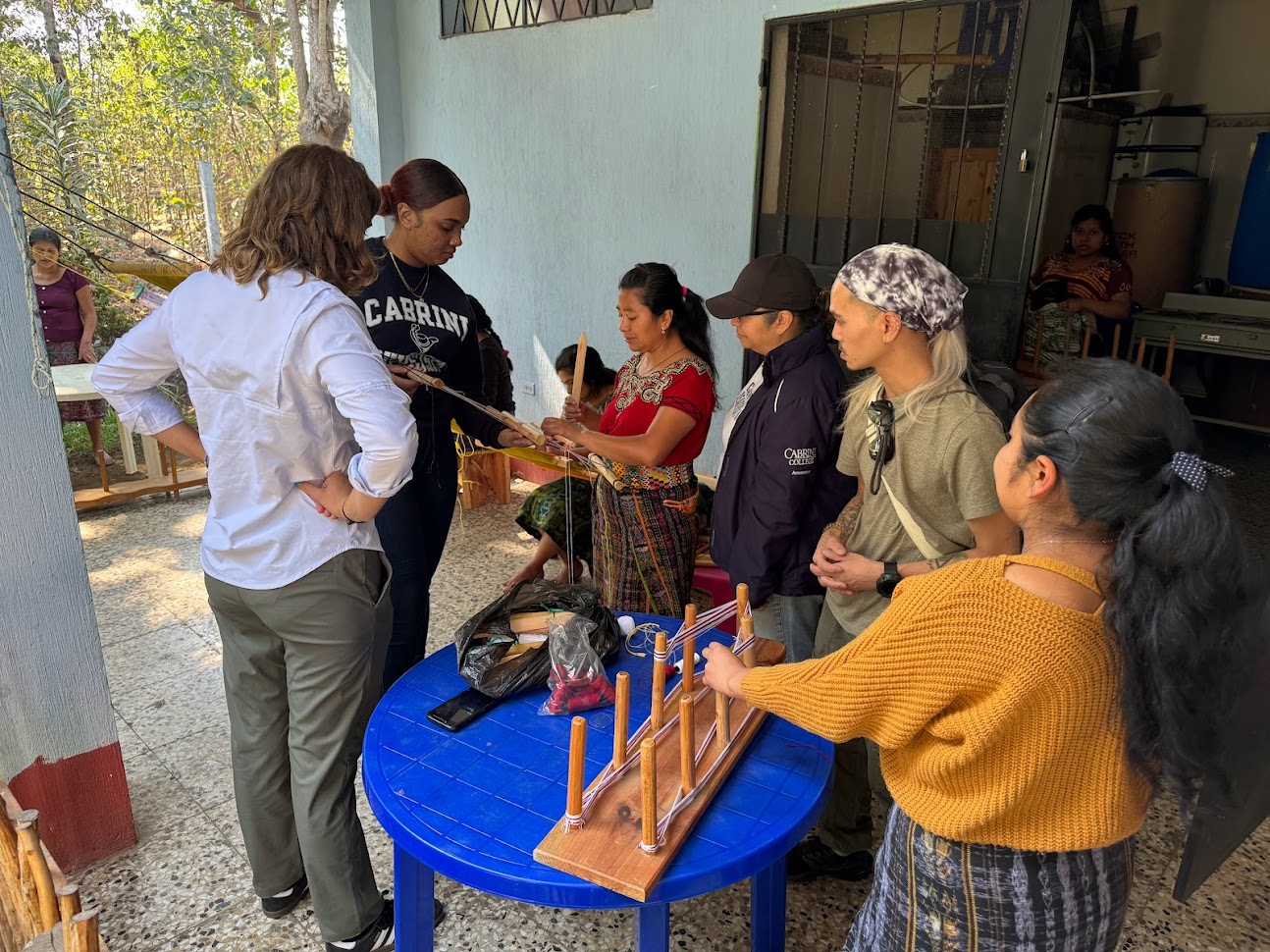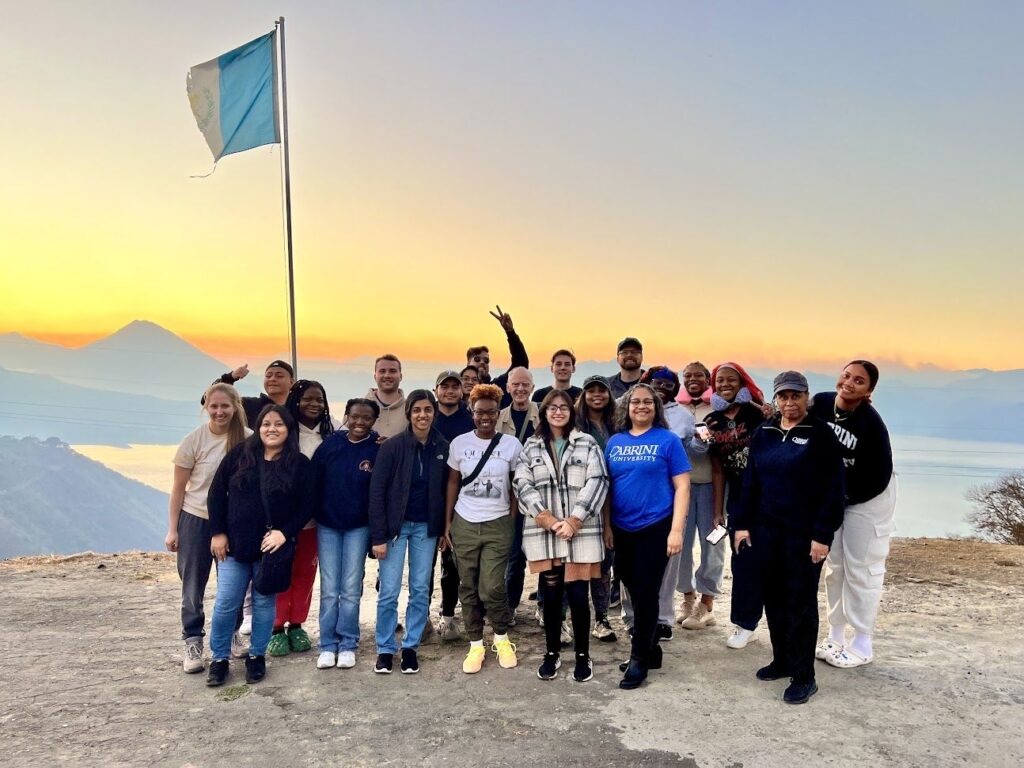More than a decade ago, Cabrini University launched a study abroad course in which students travel to Guatemala to provide community service to and learn from residents.
More than a century ago, St. Francis Xavier Cabrini and the Missionary Sisters of the Sacred Heart of Jesus sought to:Educate the heart of the people around you. Education of the mind aims to produce leaders who are committed to helping those in need.
unique perspective
For students enrolled during the spring semester, ECG 300, “Working for Justice” Learn about 'In Guatemala' san lucas tolimanthe town they visited in Guatemala.
Dr. Jerry Zurek, professor of communication in charge of ECG, said:The unique thing about this is [trip] It's part of the course. Usually it comes out of campus ministry. Maybe they would get together for a few nights, but there was no deep talk. In this course, you will learn about Guatemala's history, values, and culture. ”
travel mission
Senior psychology major Anya Stiris found the experience rewarding, even though she only spent a week abroad. “The mission of the visit to Guatemala was to expose us to specific issues in Guatemala, issues that they have on a daily basis,” Stiris said. For years, Guatemalans have been trying to rebuild after a devastating civil war.

Styris and her CLClassmates participated in community service. “Half of the day was spent working with the community and half of the day was spent learning about the community.Community,” Zurek said.
Students also spent a lot of time women centerThere they learned what it's like for women in poverty in San Lucas Toliman, from preparing meals to washing their hands.
the lasting effects of war

From 1960 to 1996, Guatemala experienced violent conflict. “[The United States] It actually helped overthrow the Guatemalan president, which started the civil war,” Zurek said. Jacobo Arbenz, Guatemala's president from 1951 to 1954, enacted laws that redistributed agricultural land from large corporations to poor citizens.
Arbenz also attempted to nationalize the US-based United Fruit Company. Because of his actions as president, the U.S. government considered Arbenz a communist who opposed American capitalism. The American government sponsored a coup d'état by Colonel Carlos Castillo Armas, which resulted in Arbenz's overthrow and the repeal of his legislation.
over the next 40 yearsGuatemala experienced a brutal war between the two governments. Unidad Revolucionaria Nacional Guatemalteca (URNG) is an organization that fights for the rights of poor Guatemalans, resulting in hundreds of thousands of deaths. The majority of those killed were Mayans. These are the indigenous peoples of Guatemala, and the Mayans were the most affected by the reversal of the Arbenz Act.
In 1996, Guatemalan President Alvaro Arz and URNG leaders finalized peace negotiations, ending decades of conflict.
But the Guatemalan civil war had lasting effects that were still felt almost three decades after its end.
ECG 300 students spoke with people who lived through the war. Stillis said, “There was a man who told me about his experience as a child in the chaos and how he was triggered by certain sounds. He told me how much damage that war had caused. Ta.”
next step
“Right now we're getting ready to go to Washington, D.C.,” Zurek said. The class will meet with the staff of Pennsylvania State Senators Mr. Casey and Mr. Fetterman. The students then speak to each country's members of the House of Representatives. their district. “They're going to have a 30-minute meeting about the needs of the country.” [Guatemala]how much they've grown and why we need to invest in this country,” Zurek said.


